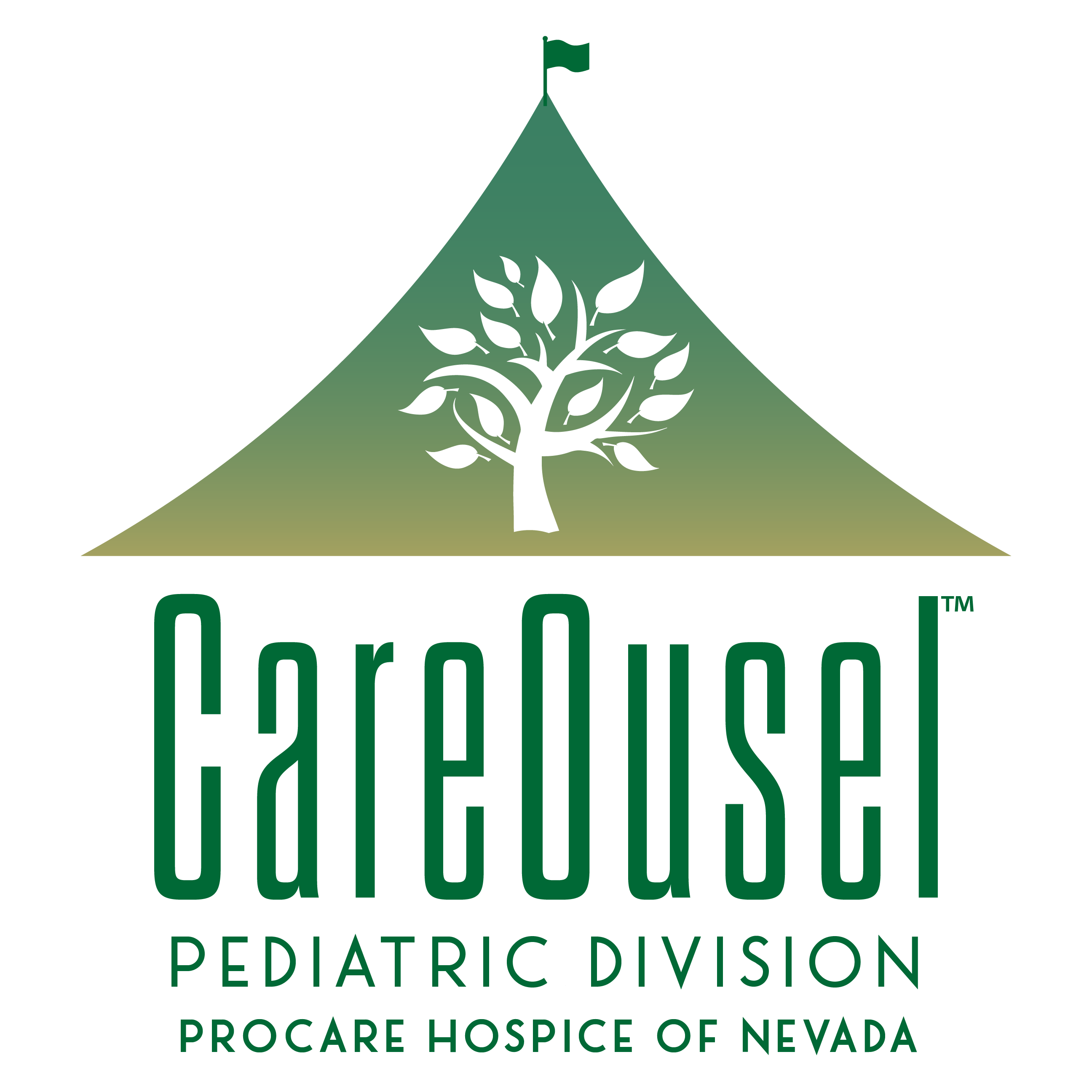Living with a chronic pulmonary disease can be overwhelming and challenging, both for the individual affected and their loved ones. Chronic Obstructive Pulmonary Disease (COPD) and other severe lung conditions often progress to a point where daily activities, mental well-being, and quality of life become significantly impacted. In many cases, people begin to wonder if hospice care might help make the journey a little easier.
Table of Contents
- What Is Pulmonary Disease?
- The Progressive Nature of Pulmonary Diseases
- Common Signs that Hospice Care May Be Needed
- How Hospice Care Helps in Managing Pulmonary Diseases
- When Is the Right Time for Hospice Care?
- Why ProCare Hospice of Nevada Is the Right Choice
- How ProCare Hospice of Nevada Can Support You and Your Loved One
- FAQs
What Is Pulmonary Disease?
Pulmonary diseases refer to a range of conditions that affect the lungs and respiratory system. The lungs are vital organs responsible for taking in oxygen and releasing carbon dioxide. When the lungs are compromised due to disease, it can lead to difficulties in breathing and a host of other health problems.
Types of Pulmonary Diseases
Some common pulmonary diseases include:
Chronic Obstructive Pulmonary Disease (COPD):
This progressive lung disease, often caused by smoking or long-term exposure to irritants, includes emphysema and chronic bronchitis. COPD makes breathing increasingly difficult over time.
Pulmonary Fibrosis
Scarring of lung tissue that leads to shortness of breath and reduced oxygen flow.
Pulmonary Hypertension
High blood pressure in the blood vessels that supply the lungs, leading to breathlessness and fatigue.
Lung Cancer
A malignancy that affects lung function and spreads quickly.
These diseases range in severity but often progress, requiring increased medical care and support.
The Progressive Nature of Pulmonary Diseases
Pulmonary diseases are chronic and progressive, meaning that over time, symptoms worsen, and daily activities become harder to manage. Individuals often experience more frequent hospitalizations, increased shortness of breath, and a significant decrease in energy. When standard treatments like inhalers, oxygen therapy, or medications no longer offer relief, many begin to consider additional support.
As the disease progresses, patients may find themselves limited to their homes, unable to perform basic tasks, and in need of more frequent medical attention. It’s at this stage when hospice care can offer not just medical intervention but compassionate care and emotional support for both the patient and their family.
Common Signs that Hospice Care May Be Needed
Recognizing when it’s time for hospice care in Las Vegas can be difficult. However, certain signs may indicate that it’s time to consider this option. These signs usually come in the form of physical symptoms, emotional challenges, and overall quality of life.
Physical Symptoms
- Severe shortness of breath: If the patient struggles to breathe even at rest or with minimal activity.
- Frequent hospital visits: Multiple hospitalizations within a short period often point to the need for increased care.
- Reduced mobility: If the patient can no longer move independently, even with assistance, and spends most of their day in bed or seated.
- Rapid weight loss or malnutrition: As the body weakens, many patients experience difficulty eating, leading to unintentional weight loss.
- Dependency on oxygen therapy: If the patient requires high-flow oxygen 24/7 to maintain acceptable blood oxygen levels.
Emotional and Mental Health Challenges
- Depression and anxiety: The struggle to cope with the limitations of pulmonary disease often leads to emotional strain.
- Feeling of hopelessness: Patients may express feelings of being a burden to their families or losing hope for recovery.
- Social withdrawal: The effort to engage in social activities becomes overwhelming, and patients may isolate themselves.
How Hospice Care Helps in Managing Pulmonary Diseases
Hospice care isn’t just about managing physical symptoms—it addresses the emotional, spiritual, and mental needs of patients and their families. Here’s how it can help:
Symptom Management
Hospice care provides advanced medical care tailored to the patient’s needs in Las Vegas. ProCare Hospice of Nevada works with patients’ primary physicians to manage symptoms like breathlessness, pain, and fatigue through personalized treatment plans. This may include medications, oxygen management, and therapies aimed at providing relief.
Emotional and Mental Support
Beyond physical care, patients and their families benefit from counseling services, helping them manage the emotional toll of living with a terminal disease. Whether it’s managing anxiety or offering comfort during emotional moments, hospice care offers mental support to reduce stress.
Family Support and Guidance
Hospice care also extends to family members. Our team at ProCare Hospice of Nevada offers guidance on how to care for loved ones at home, providing peace of mind and practical advice for daily care routines. Families also have access to bereavement services that support them through grief and loss.
When Is the Right Time for Hospice Care?
A common question many families ask is, “When should we consider hospice care?” The right time varies for each patient, but as a general rule, when treatment no longer improves the patient’s quality of life and symptoms become harder to manage, it may be time to make that transition.
Hospice care is typically recommended when the patient’s life expectancy is six months or less if the disease runs its normal course.
Why ProCare Hospice of Nevada Is the Right Choice
At ProCare Hospice of Nevada, we understand how difficult it is to watch a loved one struggle with pulmonary disease. That’s why we are dedicated to offering compassionate, individualized care that prioritizes comfort and dignity.
With a team of healthcare professionals, including doctors, nurses, counselors, and spiritual advisors, our patients in Las Vegas can receive holistic care tailored to their specific needs. We aim to provide not only medical support but emotional and spiritual care to help patients and their families navigate this challenging time.
How ProCare Hospice of Nevada Can Support You and Your Loved One
Deciding when to seek hospice care for a loved one with pulmonary disease is never easy, but it can bring immense relief and comfort during a challenging time.
If you or someone you know is living with pulmonary disease in Las Vegas and experiencing these challenges, don’t hesitate to reach out. Contact ProCare Hospice of Nevada today to learn more about how we can support you through this difficult journey. Call us at 702.380.3800 or fill out our online form here!
FAQs
- What is the main goal of hospice care for pulmonary disease?
The main goal of hospice care for pulmonary disease is to improve the quality of life by managing symptoms like breathlessness, fatigue, and pain while also providing emotional and mental support.
- Can a patient continue to see their regular doctor while receiving hospice care?
Yes, patients can continue seeing their regular doctor. Hospice care works in coordination with the patient’s healthcare providers to ensure seamless care.
- Is oxygen therapy still used in hospice care for pulmonary disease?
Yes, oxygen therapy may still be used to help manage breathlessness and discomfort in patients with pulmonary disease. Hospice care adapts treatment to fit the patient’s current needs.
- How can hospice care support family members?
Hospice care offers emotional and practical support for family members, including counseling, education on patient care, and bereavement support services.
- How long does hospice care typically last for pulmonary disease patients?
Hospice care is provided when a patient is expected to have six months or less to live if the disease progresses normally, but many patients may receive care for a longer or shorter duration depending on their condition.



 Back To Top
Back To Top